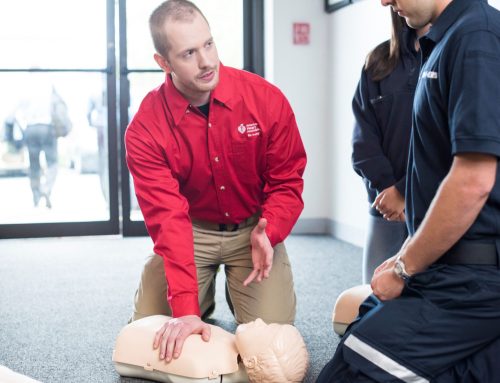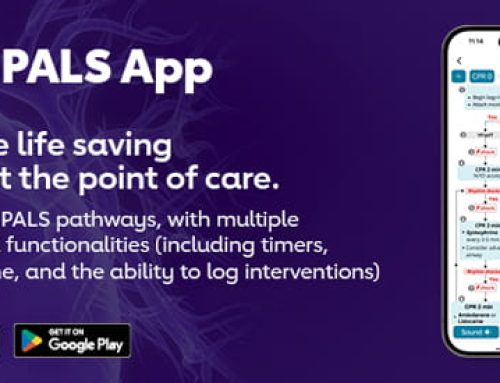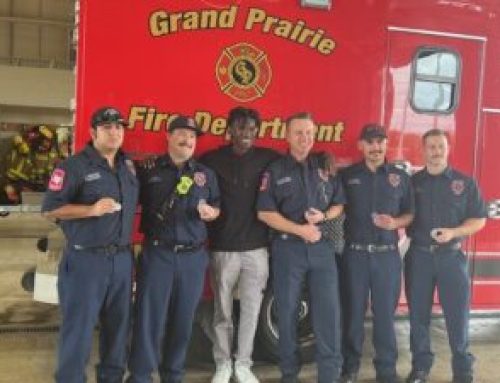Bystander CPR and automated external defibrillation (AED) can significantly increase out-of-hospital survival for people who experience sudden cardiac arrest (SCA). Unfortunately, delays in care and low response rates contribute to decreased quality of life. However, a recent study published in the Journal of the American College of Cardiology shows that community volunteering can significantly increase CPR and AED use and therefore improve chances of survival.
The study’s lead author, Martin Jonsson, PhD, MSC, of the Karolinska Institutet for Health Sciences in Stockholm, emphasizes the importance of early intervention for victims of sudden heart attack. The study was conducted in five locations in four European countries between 2015 and 2019, using data from the ESCAPE-NET database. Of the more than 9,500 cardiac arrest cases analyzed, voluntary response systems were activated in 4,969 cases, while the remaining 4,857, cases were not.
Comparison of results between reported and unreported cases showed significant improvements in three key parameters in all regions:
Bystander CPR: 73.8% and 61.9%
audience observations: 7.9% and 4. 6%
lives 30 days: 12.4% and 10%
Volunteer participants who completed CPR training and registered through websites or phone applications were directed by coordinators to emergency medical communication centers to respond to SCA emergencies. The system used a variety of methods to identify and refer volunteers, including phone apps and text messages based on immediate area.
Additionally, the system integrates with information on commonly available AEDs, allowing volunteers to be deployed to retrieve AEDs or perform CPR in the field. This collaboration with the emergency medical system enabled a rapid and coordinated response, saving precious minutes for SCA victims.
Jonsson emphasizes that more research, including large randomized controlled trials, is needed to confirm the effectiveness of voluntary intervention systems in saving lives. Janet E. Bray, RN, PhD, of Monash University in Melbourne, emphasizes the importance of voluntary care programs but emphasizes the larger goal of increasing the number of resuscitation monitors and defibrillation rates to save lives.
You can see our schedule here: https://
- Charlotte
- Rock Hill
- Gastonia
- Concord
- Cornelius
- Monroe
- Harrisburg
- Matthews
- Mint Hill
- Fort Mill
- Indian Land
- Kannapolis
- Belmont
- Wilmington
- Jacksonville
- Shallotte
- Carolina Beach
- Surf City
- Hampstead
- Sneads Ferry
- Leland
- Southport
- Greensboro
- High Point
- Hickory
- Columbia
- Florence
- Myrtle Beach
- North Myrtle Beach
- Surfside Beach
- Murrells Inlet
- Conway
- Ocean Isle Beach






Leave A Comment